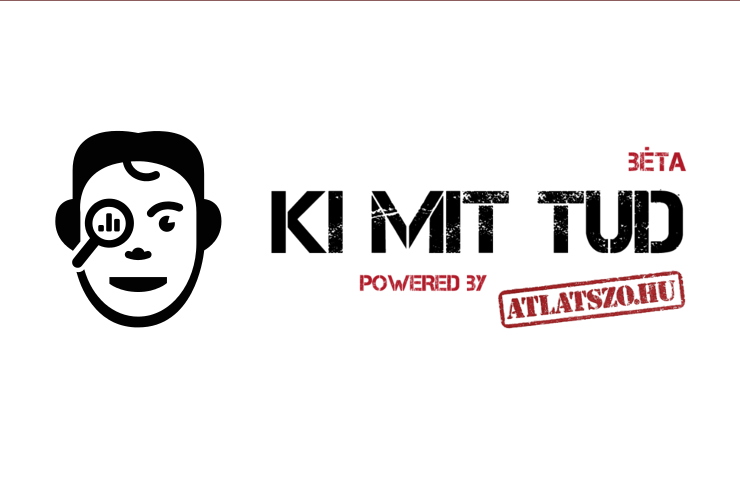The https://english.atlatszo.hu use cookies to track and profile customers such as action tags and pixel tracking on our website to assist our marketing. On our website we use technical, analytical, marketing and preference cookies. These are necessary for our site to work properly and to give us inforamation about how our site is used. See Cookies Policy
Over 3000 Freedom of Information requests generated through Atlatszo.hu’s on-line FOI-request generator service
The Freedom of Information request generator website KiMitTud run by Atlatszo.hu topped 3000 requests last week. The site was launched in May 2012 in order to enable the general public to make Freedom of Information (FOI) requests. The website uses the the Alaveteli engine that allows easy searching and selecting from a database of public bodies, followed by the submission of a question. Atlatszo.hu’s journalists have been using the tool to obtain information on public projects, contracts and tenders. Celebrating the 3000th request, Atlatszo.hu journalists and lawyers have published a list of their favourite requests.
Babett Oroszi requested the feasibility study on the planned building of a new stadium for Ferencvaros Football Club in March 2013. The Prime Minister’s Bureau shared the document in their response. It was a 49-page ‘expert opinion’, though the actual content had been plagiarized from a variety of texts available online.

Katalin Erdélyi published a series of blog posts on the relations between the political and business elites of Kazincbarcika, a town in northern Hungary. Erdélyi requested the contracts between the local government and a local construction company; the local government denied the request. The case was submitted to the National Authority for Data Protection and Freedom of Information (NAIH) for further investigation, which decided in favour of Atlatszo.hu. The local government was ordered to publish the contracts, revealing that the owners of the contracted company happened to live next door to the mayor.
Ildikó Kovács wanted to obtain the financial reports and documents of the state company issuing and distributing the Erzsebet voucher, a common workplace benefit. The company did not respond to the request, so Atlatszo.hu filed a Freedom of Information lawsuit. Even though it won the case, the documents were not released. In fact, Parliament amended the law so the state company no longer fell under the scope of the Freedom of Information Act.
András Becker’s article on how much the involvement of the Hungarian Counter Terrorism Centre (TEK) cost during the 2013 flood protection works was followed by a FOI request. While this revealed no extra information, the Centre decided to sue Becker for libel. Surprisingly the Centre submitted the previously requested financial report to the court as evidence in the case, showing that the Centre spent money on chocolate bars and energy drinks during the flood protection works.
Márton Asbóth, Atlatszo.hu’s lawyer, filed an FOI lawsuit against the Budapest Chamber of Commerce and Industry to find out how the income from the recently introduced obligatory membership fees was being used. Atlatszo won the lawsuit but the Chamber has not yet published the documents.
Áron Halász posed a question to the capital’s local government after the Fidesz government changed the names of several hundred public spaces since it came to power. USD 24,000 was spent on replacing street signs since 2010.
Budapest District VIII’s public spaces are now comprehensively covered with CCTV, according to information received in response to a recent FOI request sent to the local government. Marietta Le asked about the installation of new CCTV cameras with facial recognition system, funded by the Ministry of Interior. The response from the local government included information about the locations of the new cameras.
The state electricity company MVM denied requests for copies of the contracts for purchasing new nuclear-fueled heaters. This is one of the largest investments covered by public funds in Hungary. The company argued that the documents were confidential, and Atlatszo therefore enquired about the procedure which categorised them as confidential. This revealed that the company started filing the contracts in the confidential category after receiving the FOI request. Tibor Sepsi, Atlatszo’s lawyer demanded an investigation of the case from the National Authority for Data Protection and Freedom of Information.

